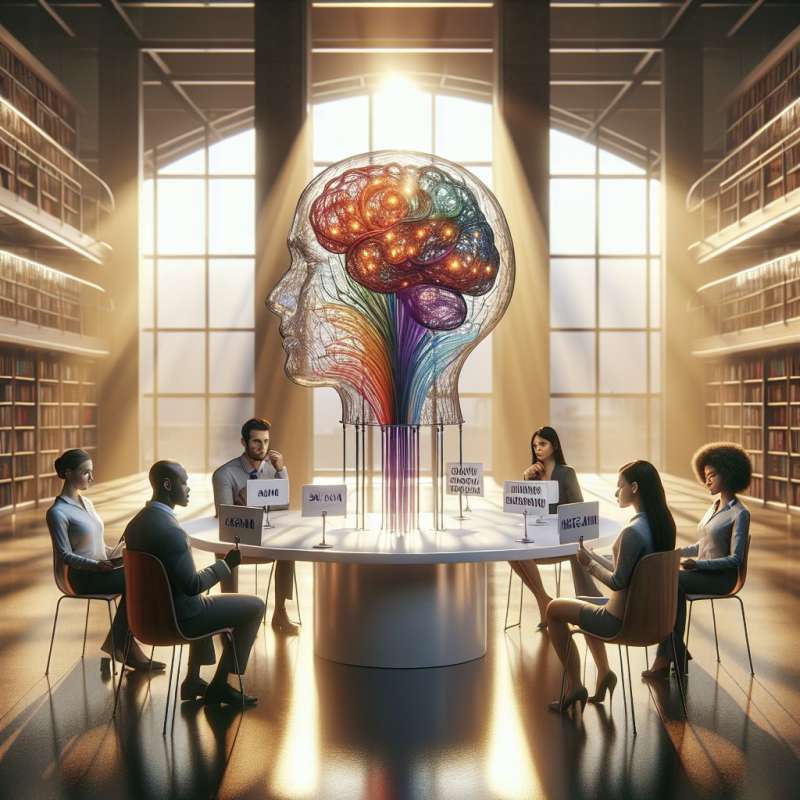
Understanding Cognitive Biases
Cognitive biases affect judgment, leading to perceptual distortion or irrationality. They're mental shortcuts our brains use, often based on social influence or individual emotional significance, hindering objective decision-making.
Anchoring Bias Explained
Anchoring bias occurs when individuals rely too heavily on the first piece of information they encounter. For example, initial price offers can set a standard for subsequent negotiations, impacting financial decisions.
Availability Heuristic
This cognitive bias relies on immediate examples that come to a person's mind. After seeing news about airplane accidents, for instance, one might overestimate the risks of flying despite its high safety statistics.
The Dunning-Kruger Effect
The Dunning-Kruger effect is a cognitive distortion where people with lower ability at a task overestimate their ability. It stems from an inability to recognize one's own lack of skill.
Confirmation Bias
Confirmation bias is the tendency to search for, interpret, and recall information in a way that confirms one’s preconceptions, leading to statistical errors and discriminatory practices in data interpretation.
Survivorship Bias
This bias occurs when one concentrates on the people or things that 'survived' some process and inadvertently overlooks those that did not. It often leads to overly optimistic beliefs because failures are ignored.
Combatting Biases
To minimize cognitive biases, encourage critical thinking, seek diverse opinions, and consider opposite viewpoints. Regular reflection on decision-making processes can also be an effective strategy for overcoming these mental shortcuts.
What do cognitive biases hinder?
Mental shortcut efficiency
Objective decision-making
Social influence development
Company